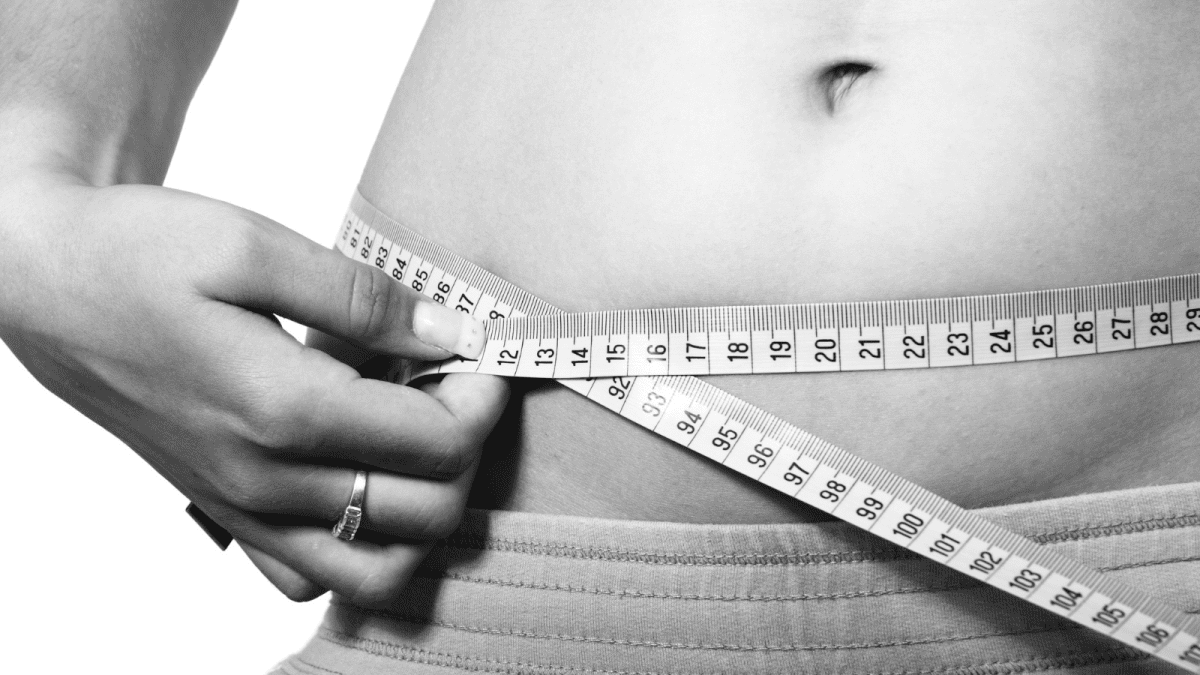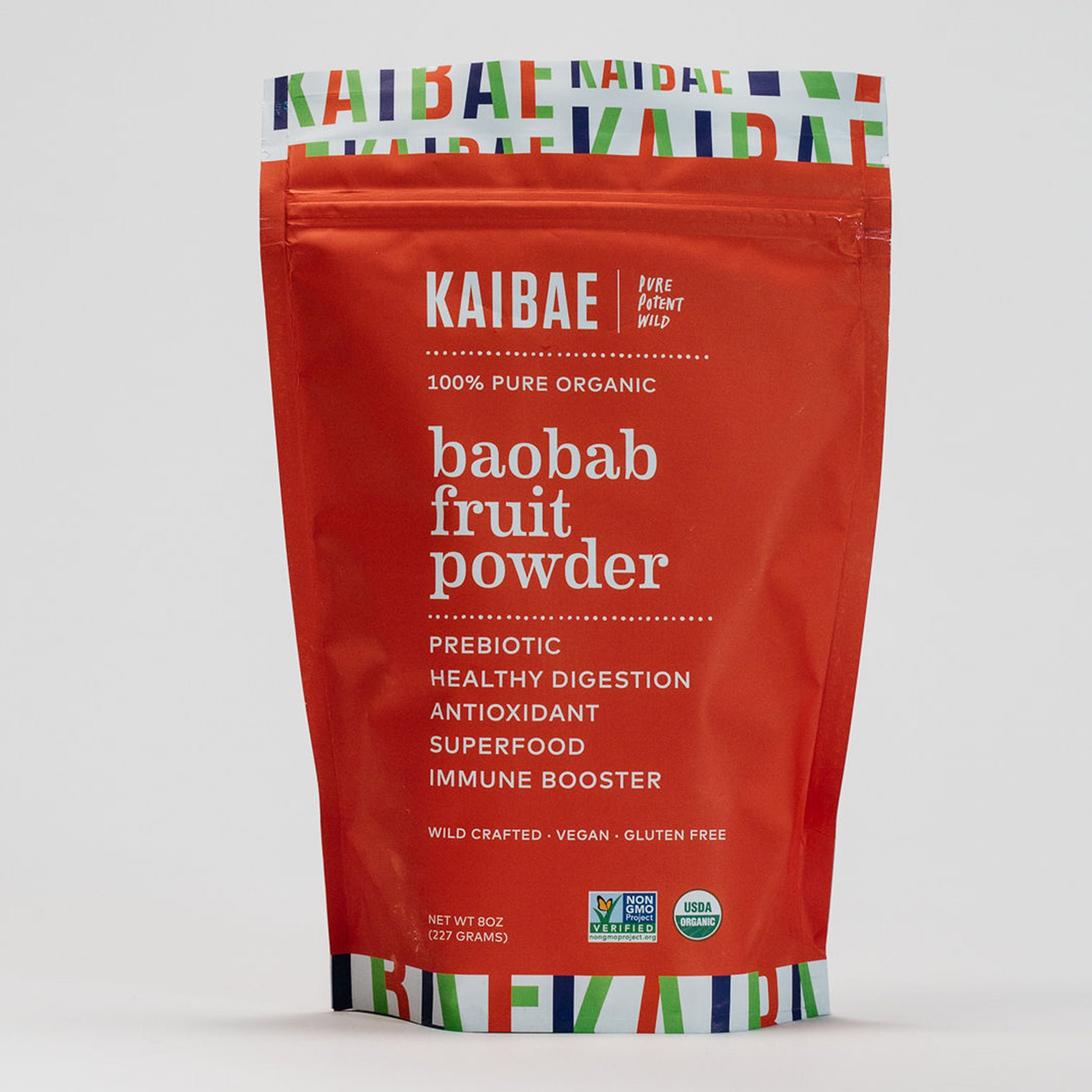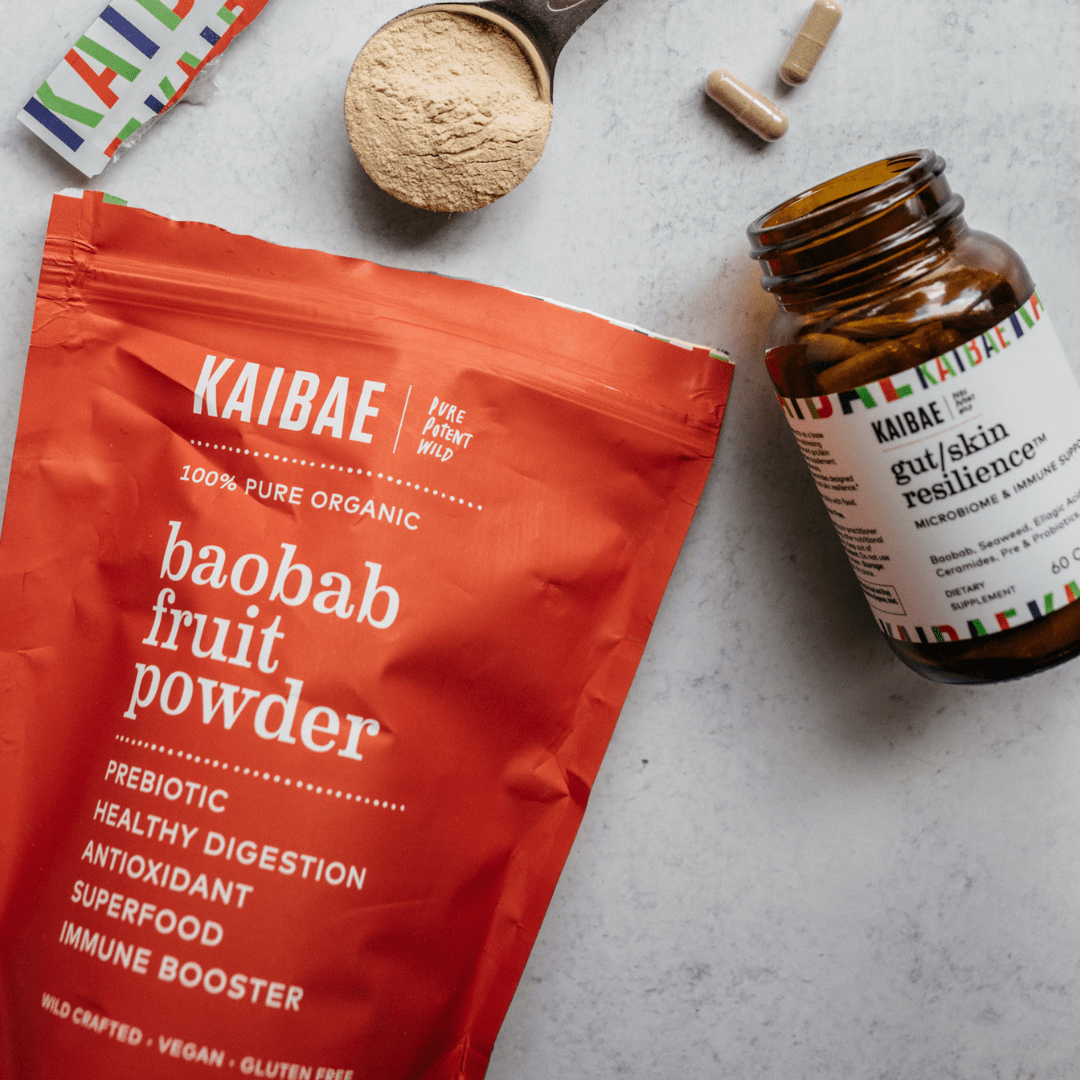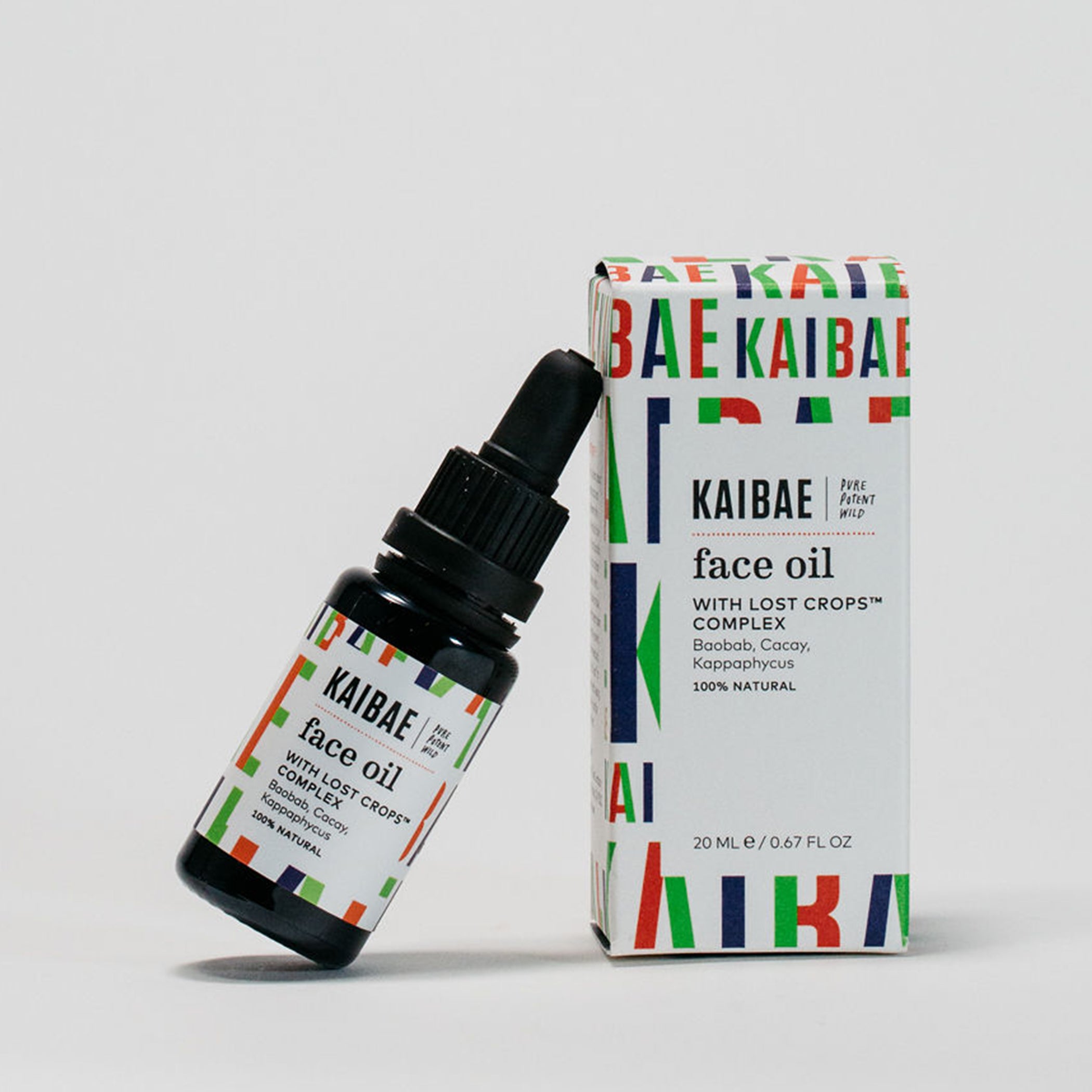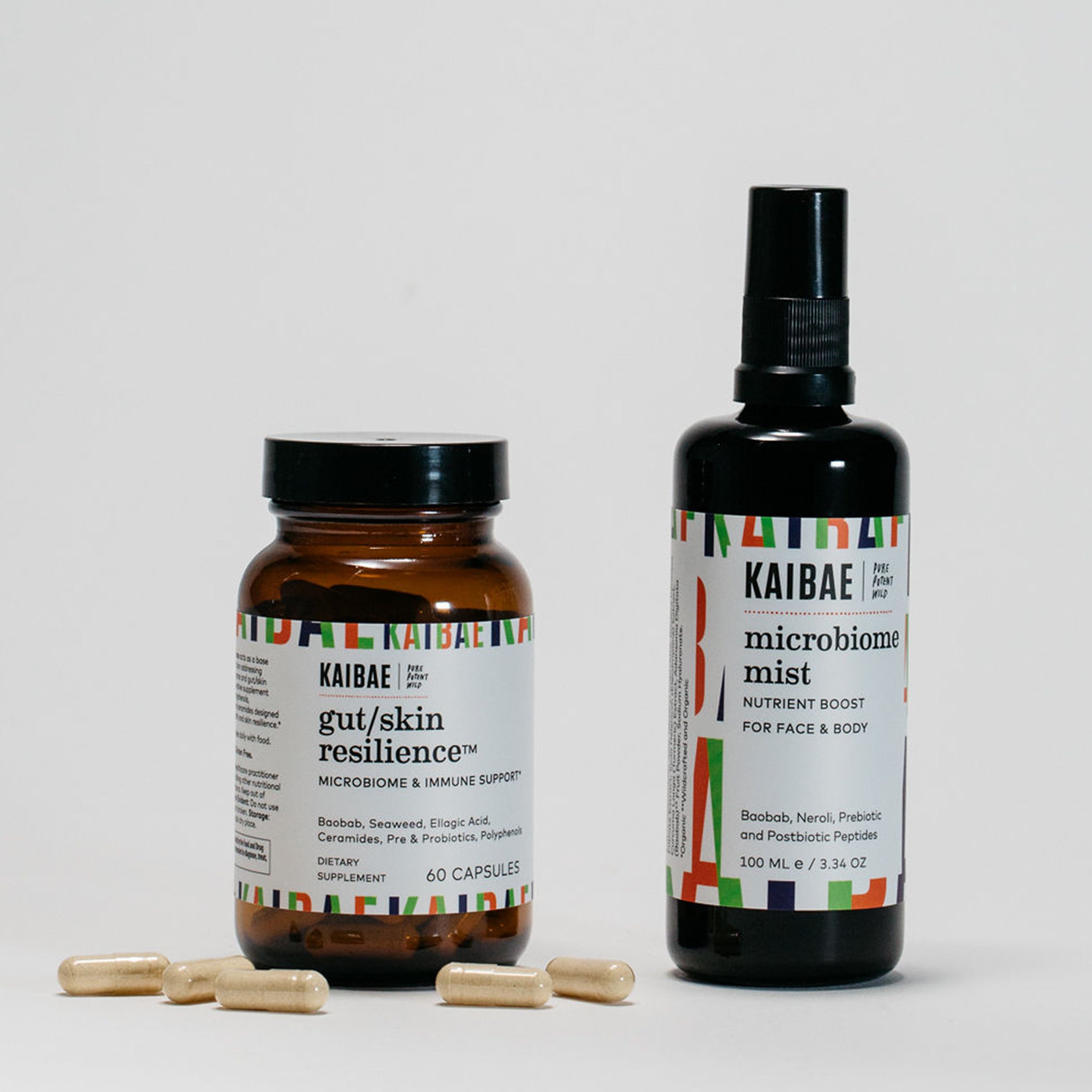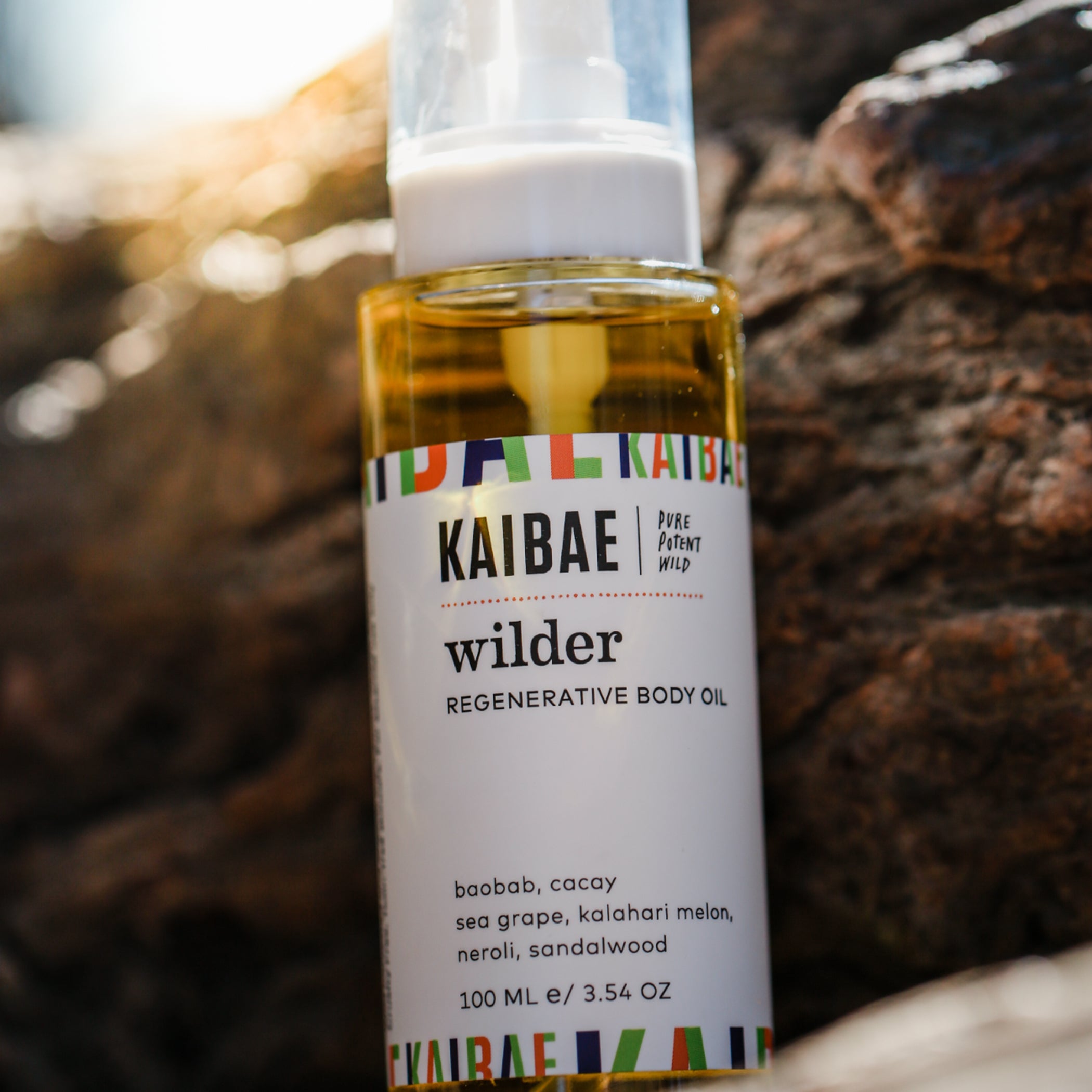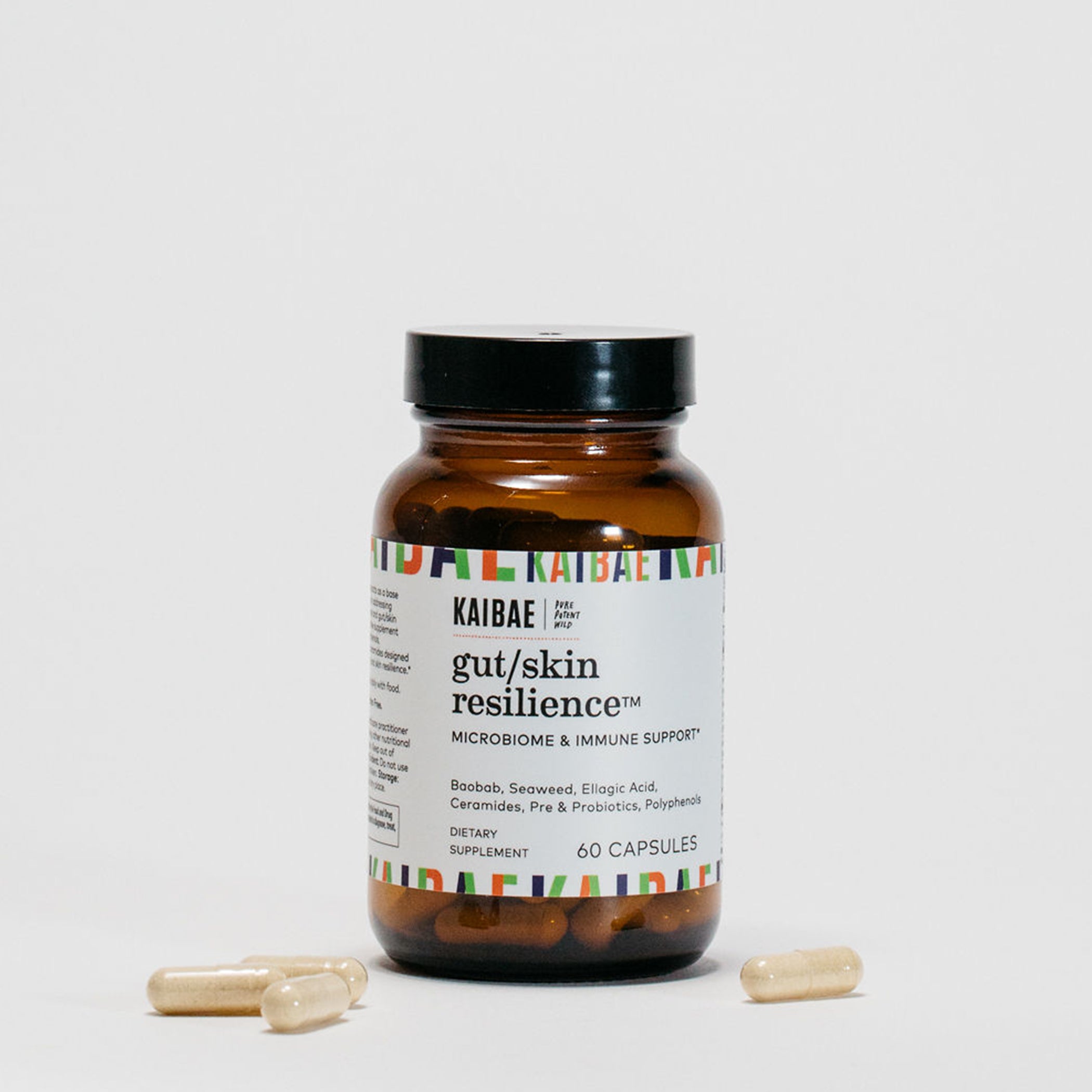The Secret to Healthy Weight Is In Your Microbiome
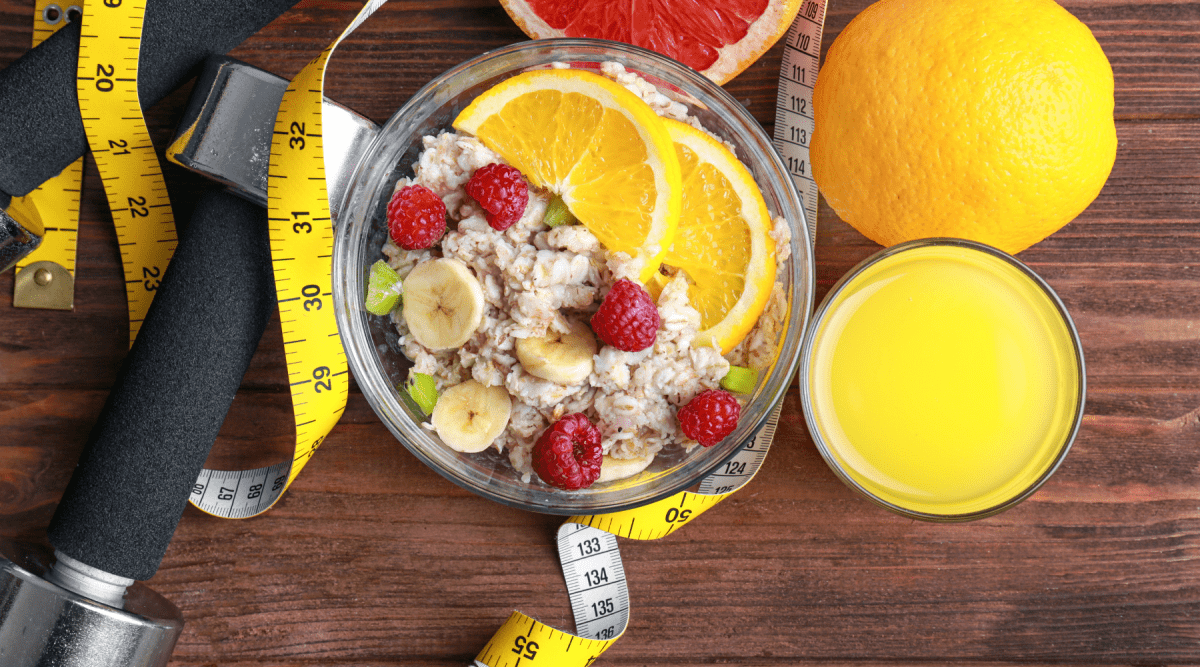
Diets, exercise programs, weight loss supplements…why aren’t any of these helping you to lose weight? The answer may lie in your gut, as the trillions of microorganisms known as the gut microbiome determine nutrient absorption and energy metabolism.
Stress, poor food choices, irregular eating patterns and a sedentary lifestyle disrupt gut microbiome balance and the absorption of nutrients from your food. You may have taken probiotics after taking a course of antibiotics and wonder how probiotics can help maintaining a healthy weight.
How does gut health affect weight gain?
The gut microbiome is an ecosystem of tiny bacteria, a living layer of microorganisms that connect our internal milieu with the outside world. The balance of the human gut microbiome is closely tied to digestive health, immune system function, and body composition.
A disturbance in the diversity of the gut microbiome is called dysbiosis. An increase in harmful bacteria stimulates chronic inflammation and one's tendency to obesity, diabetes, allergies, and autoimmune diseases.
Research shows that the composition of the gut microbiome differs between lean and obese people. The ratio of two major types of bacteria, called firmicutes and bacteroidetes, plays a role in whether or not we gain weight.
Gut microbes consume complex carbohydrates, but research published in Cell Host & Microbe shows that they also influence fat metabolism. Firmicutes are more abundant in people who consume a diet rich in fat, sugar, and processed food. Losing weight therefore requires making new food choices to improve the Firmicute and Bacteroidetes ratio.
Healthy foods for a healthy weight
Mediterranean Diet
Studies show that the Mediterranean diet is the best choice for a healthy gut microbiome. The Mediterranean diet is rich in fruits and vegetables, includes a moderate amount of fish and poultry, and a limited intake of dairy and red meat.
Omega 3 fatty acids
Omega 3 fatty acids from fish, algae, and olive oil have anti-inflammatory benefits. Omega 3 fatty acids also play an essential role in preserving gut health, increasing a bacteria called Akkermansia that helps prevent weight gain, diabetes, and metabolic syndrome.
Prebiotic Fiber. The Mediterranean diet is rich in prebiotic fiber with more vegetables, whole grains, Jerusalem artichoke, onions, garlic, and chicory. While some of these prebiotic choices may not be very appealing for some, there is a tastier, sweet, and tangy source of prebiotic fiber Baobab fruit powder.

Shop Baobab
When to Eat and When Not to Eat
Why Snacking is not good
Americans are snacking more than ever which disrupts the body's rhythm of digestion, nutrient absorption, and energy production. According to the Journal of Nutrition, timing our food intake matters for weight loss. People who eat more than three meals daily and choose dinner as the largest meal of the day have a higher BMI ( Body Mass Index). On the other hand, researchers found four factors that were associated with a decrease in Body Mass Index
- Eating only 1 or 2 meals per day
- Maintaining an overnight fast of up to 18 hours
- Eating breakfast
- Making breakfast the largest meal of the day
Circadian fasting to improve metabolism
Circadian fasting restricts eating to daytime hours from 7 am to 7 pm. It encourages people to make breakfast the largest meal of the day and eat a light dinner within a window of 12 hours. Eating less can improve gut microbiome balance and help you lose weight and live longer.
Lifestyle Adjustments Can Make a Big Difference
Sleep helps with weight loss
Sleep is another crucial element to consider to maintain a healthy weight. Sleep deprivation affects hormone balance and when ghrelin, the hunger hormone, outpaces leptin in the body, it triggers food cravings. Sleep is a time when the body repairs itself. It allows melatonin and growth hormones to stimulate muscle and protein synthesis and break down fat. Late-night eating reduces sleep quality and interferes with the body’s regular melatonin and growth hormone production.
Research into the effect of skipping breakfast showed a disruption in the cortisol rhythm and elevated blood pressure. Breakfast is the most important meal, and a smoothie with protein, fats, prebiotic fiber, and polyphenols can be a great way to start the day (check out Baobab/berry power smoothie).
Movement matters Nothing feels better than a walk in nature. It relieves stress and puts us in a better mood. It should not come as a surprise that movement in green spaces improves immune health and hormone balance. Exercise can also add to the diversity of your microbiome in the gut and skin. If you have not been active for a while, gradually work your way into a regimen that alternates between weight training and walking, biking, or swimming. Working with a trained professional can also help put you on the path to better fitness.
Mindfulness Start a daily breath work and meditation practice to calm the mind. Meditation helps us to be in the moment and builds resilience. According to research published in BMJ 2014, breath work poses the added benefit of weight loss as we breathe out the fat we lose. Mindfulness can also be incorporated into the way we eat. Eating without distractions, chewing more slowly, and enjoying our food increases satiety faster.
Take away
The gut microbiome plays a central role in maintaining a healthy weight. Adopting a Mediterranean diet rich in fiber, physical activity and life style modification promotes metabolism and a healthy weight. Baobab fruit powder is a great way to start your day a nutrient powerhouse that supports metabolic balance from gut to skin.




